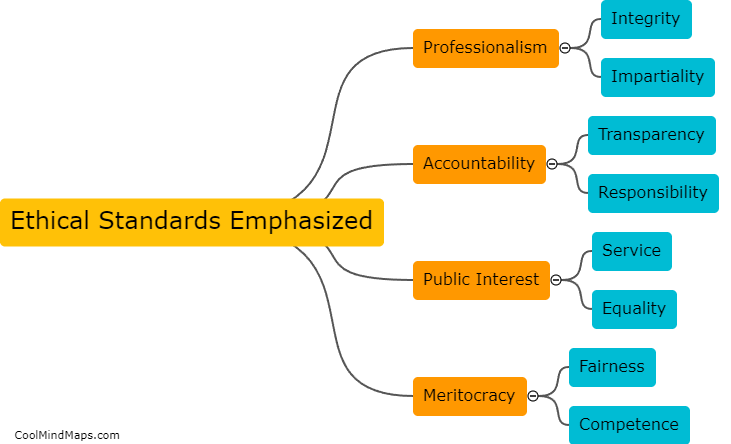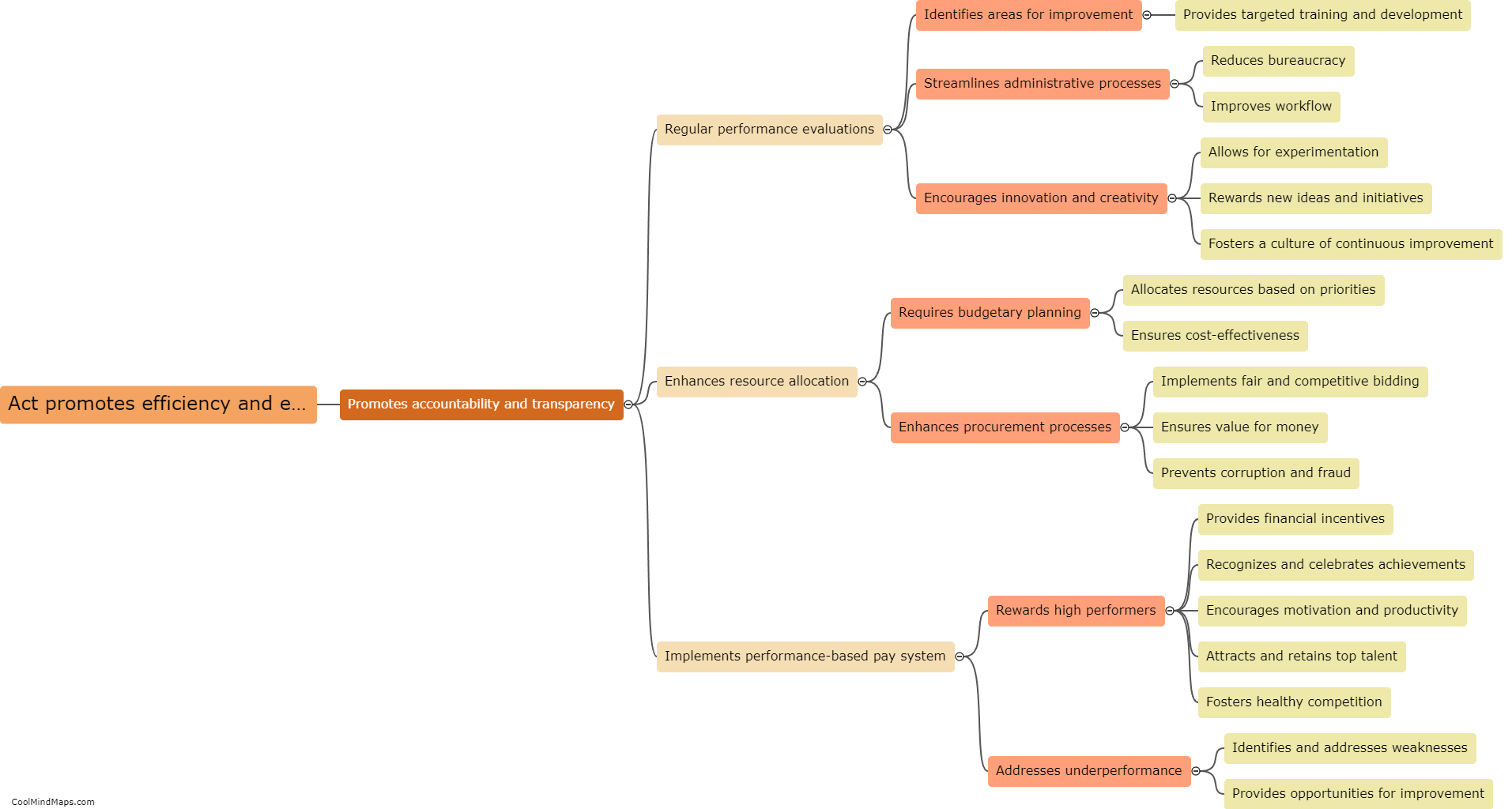How does the Act address issues of transparency and accountability?
The Act addresses issues of transparency and accountability through several measures. First, it requires public officials to disclose their financial interests, including assets, income, and gifts, to ensure transparency and prevent conflicts of interest. This provision helps to hold officials accountable and allows the public to monitor their actions. Second, the Act establishes mechanisms to protect whistleblowers who report corruption or wrongdoing, ensuring accountability by encouraging individuals to come forward without fear of retaliation. Furthermore, the Act mandates the creation of independent anti-corruption commissions or bodies responsible for investigating and prosecuting corruption cases, promoting transparency in the process and ensuring accountability for any corrupt practices. Lastly, the Act may also include provisions for public access to information, allowing citizens to request and receive information from the government, thus enhancing transparency and holding officials accountable for their actions. Overall, the Act addresses issues of transparency and accountability by establishing measures that promote openness, prevent corruption, protect whistleblowers, and enable citizen participation in the fight against corruption.

This mind map was published on 27 November 2023 and has been viewed 83 times.











